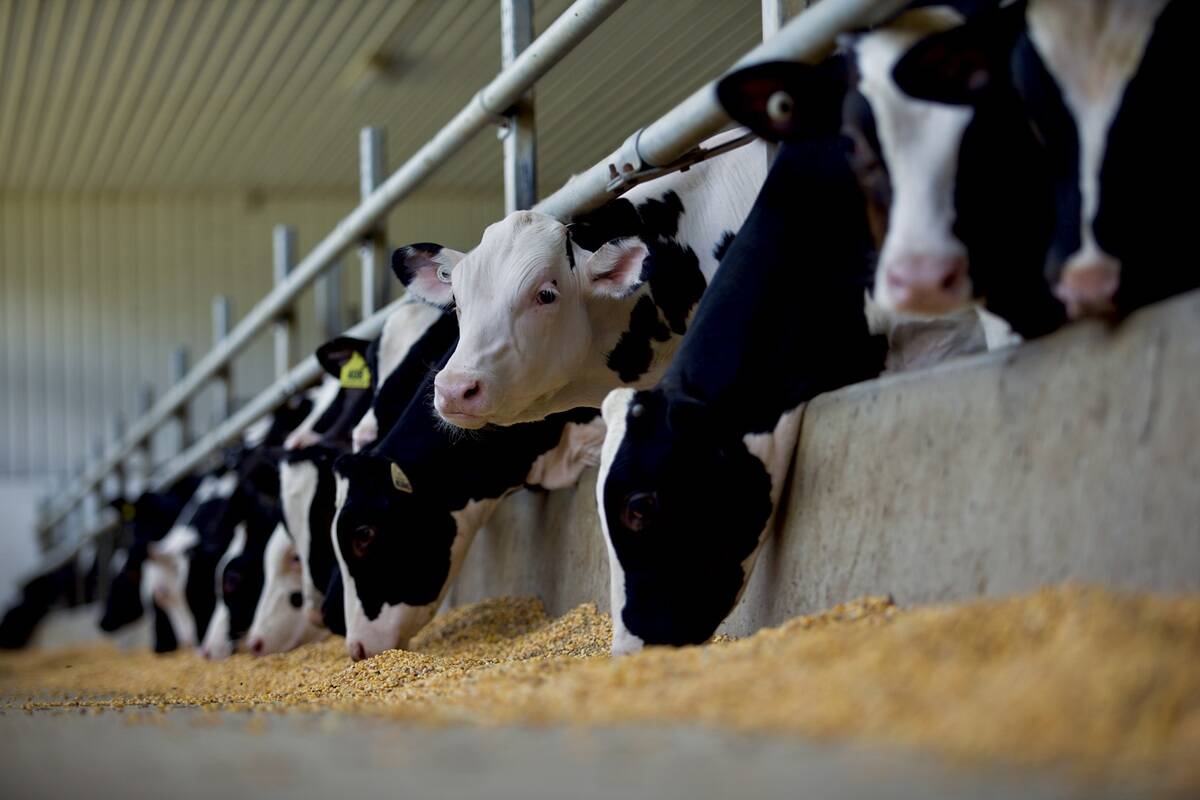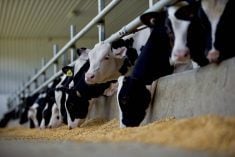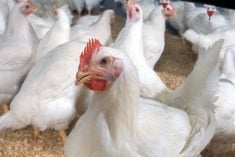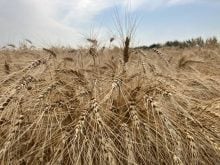There are opposing views on what will happen with Canadian quinoa prices in 2019. One buyer believes the specialty crop will increase a few cents per pound, while another believes the price will slightly decrease in the New Year.
Dan Boulton of NorQuin in Saskatoon, Sask. said there is a world shortage of quinoa, which will increase its price.
“We put our price up a few cents per pound. Right now we’re starting to see the same (price) to a slight increase,” said Boulton, noting NorQuin has bids between 60 to 70 cents per pound for quinoa.
Read Also

Confusion cleared on Canadian calf import changes
A Canadian Food Inspection Agency (CFIA) announcement on import regulations for feeder calves caused some confusion on the administrative side of Canada’s cattle industry earlier this month
Percy Phillips of Prairie Quinoa in Portage la Prairie, Man. sees it the other way around.
“I believe the pricing for the commodity generally will be decreasing slightly over the winter and into the spring season,” he said.
Boulton and Phillips agreed more quinoa will be grown in Canada given its consumption is increasing. According to Statistics Canada’s 2016 numbers, the most recent data, nearly 11,700 acres of quinoa were grown in the country that year, compared to about 320 acres in 2011. Most of the 2016 quinoa crop was grown in Saskatchewan with approximately 9,500 acres and Alberta was second with close to 1,050 acres. Manitoba had a little more than 900 acres of quinoa while the Ontario crop was roughly 350 acres.
Quinoa originated in South America and is noted for its health benefits, such as being gluten-free and high in protein. However, it can be a difficult crop to grow.
“It’s a special crop that requires special attention,” commented Boulton.
One issue has been there are no registered chemicals available to use on quinoa.
“Most of our growers have adapted and figured out ways to keep the crop clean before and after,” he said, noting growers use integrated pest management practices.
Although quinoa has a reputation for growing well in poorer soils staff at Prairie Quinoa has found it’s not a requirement as found with crops grown successfully near Melita and Swan River in Manitoba.
“Just like other crops, the better the quality of the soil the better chance of a successful crop with a commercially acceptable yield,” Phillips said.














